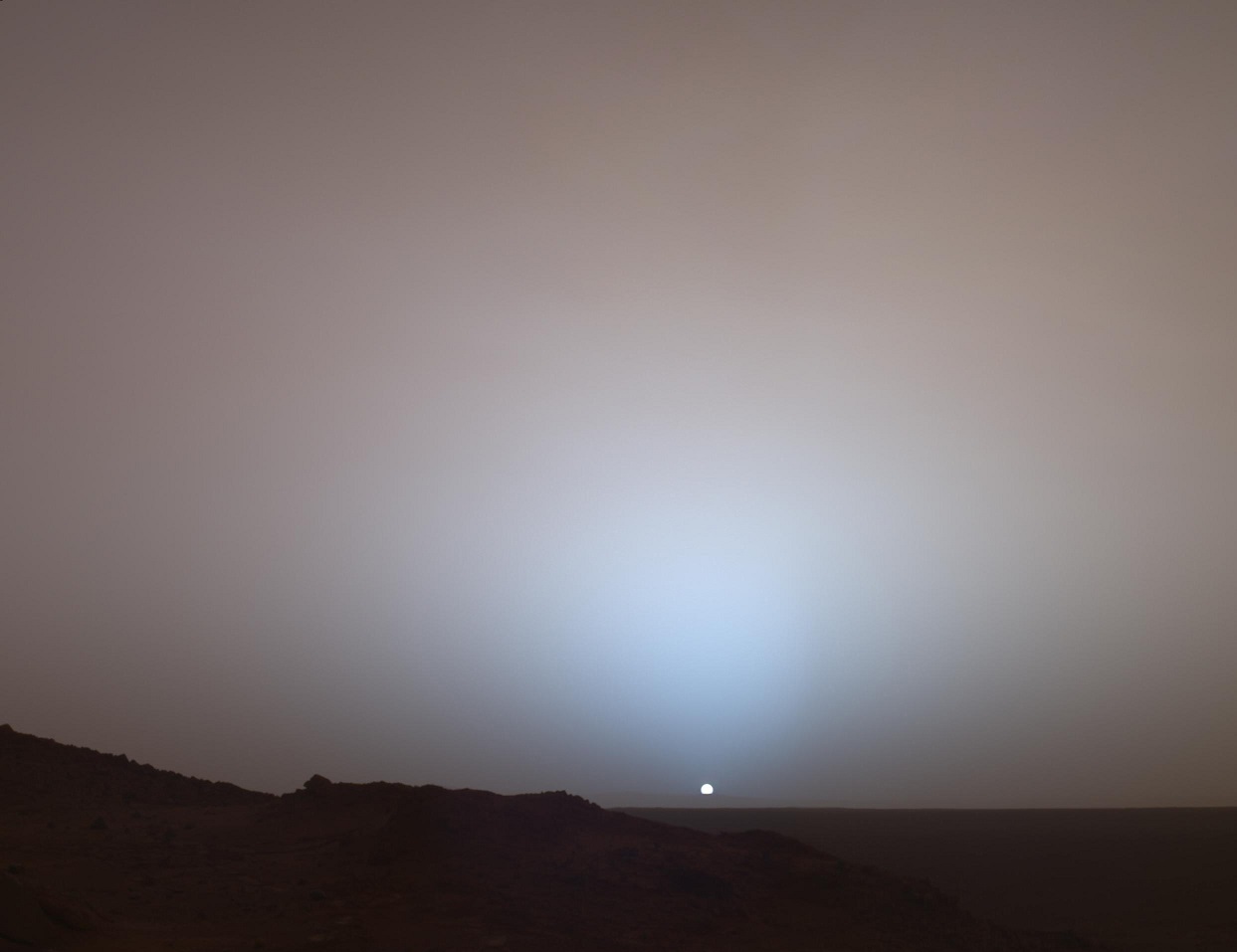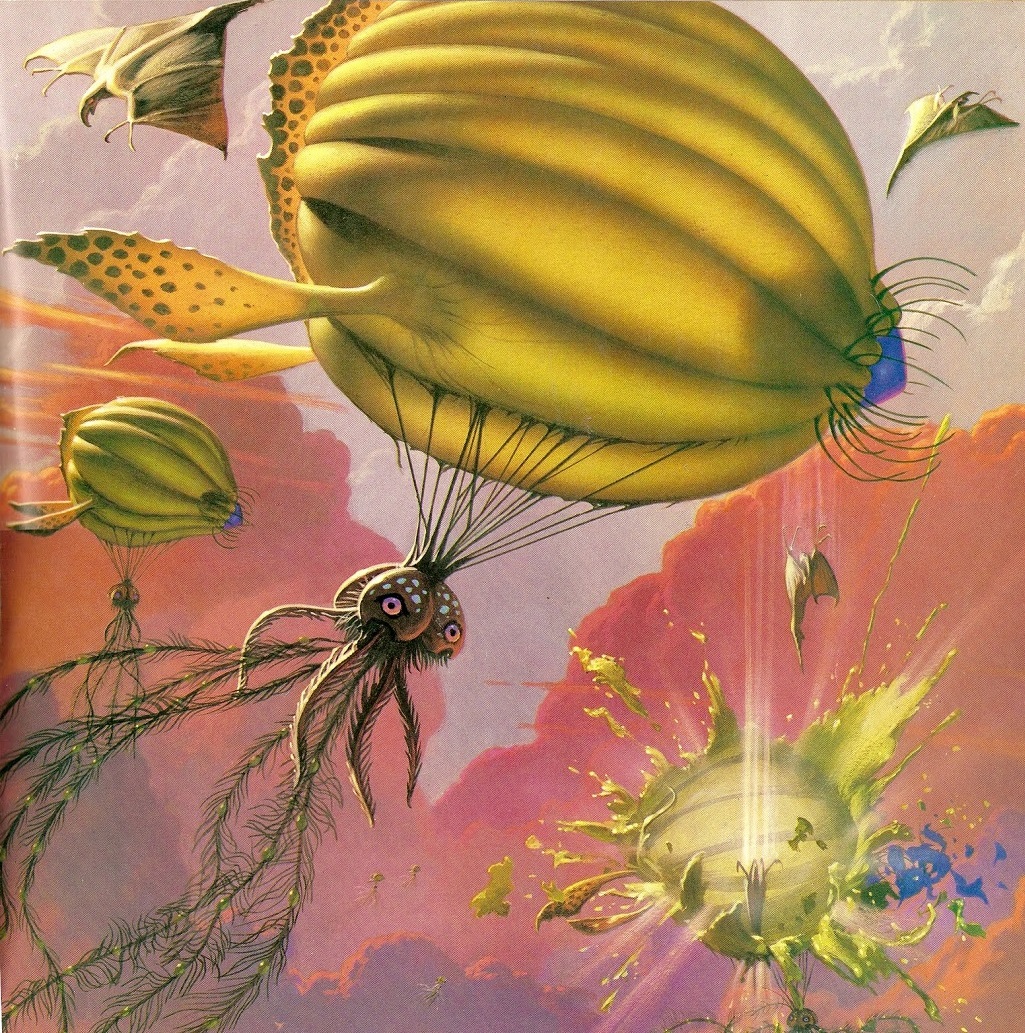Khayyam
This is a very old article
The sphere upon which mortals come and go,
Has no end nor beginning that we know;
And none there is to tell us in plain truth:
Whence do we come and whither do we go.
Something that I’ve come to realise lately is that a lot of self-help in modern times is fluff. Quick solutions, hacking the system and “ten steps” for this and “three weeks” for that which ultimately exhaust and annoy rather than inspire or soothe. In addition, I have a hard time taking someone seriously whose job description is self-help coach or motivational speaker. Much more for me are people who’ve first accomplished themselves in a certain field, and then share their stories of overcoming obstacles. Real wisdom, the kind that you can sense has been earned through hard battles seems curiously missing in a lot of LifeHacker or BuzzFeed posts.
In those moments, then, when it’s past midnight, and there is a chilly breeze blowing, and I feel down or in need of some perspective, I choose not to turn to the Tim Ferrisses, Robin Sharmas or Deepak Chopras. I turn, instead, to wisdom from people further back in time. I turn to Kabir, to Rahim, or to Omar Khayyam.
Kabir’s Dohas have been long favourites of mine, and I’ve got a huge pdf file full of them, which I read from time to time. Unfortunately, Dohas, although in my mother tongue, are paradoxically harder for me to understand than the easily digested English of Edward Fitzgerald. And hence, its the Rubaiyat I turn to more often.
And so it was that during my most recent reading of the Rubaiyat that I had a minor epiphany, and I felt like I finally caught a glimpse of what Khayyam was trying to say:
Life is inherently meaningless.
Existential nihilism, of course, is about as old as Methuselah. But for me, this was something I’d subconsciously felt for a long time, which struck home only recently.
I’ve always enjoyed the “being-enraptured-by-it” part of astronomy. It’s a goosebump giving machine like no other. I love wondering about things like how the sunrise would look like from Mars, for instance. And thanks to the wonderful people at NASA, now we know.

I also remember seeing Saturn for the first time through my telescope. The tingles were real. When I was younger, our school library used to have this astronomy coffee table book by the NatGeo people where they had a section discussing, hypothetically, what life would have looked like on other planets. They had these fantastical two-page artist impressions spreads. Jupiter basically had giant hot-air balloon-esque jellyfish floating around because there was no ground to walk on. These things would fire up my imagination.

And the inevitable realisation you have, once you start going down rabbit holes such as these is that mundane earthly things pale in comparison. You realise that no matter what you do, it doesn’t even make a blip on the fabric of the universe. And while this is a slightly disquieting thought, it is also massively freeing. It means, in Mark Manson’s words, that you can get away with a whole lot, because people either don’t care in the first place, or forget soon after anyway.
Khayyam’s Rubaiyat is full of both this kind of mystique and of submission/fatalism. He advises that our time on this planet is too limited to spend sweating the small stuff. Instead, he exhorts that we treat life as a gift and a happy accident; something to be enjoyed. He implores that the reader drink because once dead, you’re not coming back.
The Worldly Hope men set their Hearts upon
’Turns Ashes—or it prospers; and anon,
Like Snow upon the Desert’s dusty Face
Lighting a little Hour or two—is gone.
Ah, make the most of what we yet may spend,
Before we too into the Dust Descend;
Dust into Dust, and under Dust, to lie,
Sans Wine, sans Song, sans Singer — sans End!
Lo! some we loved, the loveliest and the best
That Time and Fate of all their Vintage prest,
Have drunk their Cup a Round or two before,
And one by one crept silently to Rest.
I really like this last one, because all of us look at at least a few other people and imagine their life being “perfect” in some sense. But the real question to ask is, so what? There’s little we can do about it. There will always be people who are more brilliant, better looking, wealthier, and sometimes even all of the above. That jealousy and sense of unfairness can be hard to get over, but it’s imperative that we get over them if we are to enjoy are own lives.
A better use of our time, instead, is to figure out what makes us happy. For me, the answer to that is trivia. It sounds kind of lame and, forgive me, trivial, but there are so many fields of study all of which fascinate me and none of which I want to be oblivious about. I love reading about the origin of the universe, about the origin of life, about the human story, about ancient and modern history, about geology and geography and biology or the newly emerging field of behavioural economics. My vision of the perfect man/woman is a kind of Asimov-like person who could sit down and write a treatise on all of science as it existed in his day and make it eminently readable and informative. The reality of being unable to do it all has been a bitter pill for me to swallow, and I’ve wasted a lot of time flitting from one interest to the next.
Oh, come with old Khayyam, and leave the Wise
To talk; one thing is certain, that Life flies;
One thing is certain, and the Rest is Lies;
The Flower that once has blown for ever dies.
Then to this earthen Bowl did I adjourn
My Lip the secret Well of Life to learn:
And Lip to Lip it murmur’d—”While you live,
Drink!—for once dead you never shall return.”
How long, how long, in infinite Pursuit
Of This and That endeavour and dispute?
Better be merry with the fruitful Grape
Than sadden after none, or bitter, Fruit.
But leave the Wise to wrangle, and with me
The Quarrel of the Universe let be:
And, in some corner of the Hubbub coucht,
Make Game of that which makes as much of Thee.
Another one of my favourites. Apparently, it is rather adulterated by Fitzgerald’s loose, freewheeling translation. At any rate, “make game of that which makes as much of thee” is such an evocative line. And shares a certain similarity to Robert Frost’s equally evocative “Forgive, O Lord! My little jokes on Thee, and I’ll forgive Thy great big joke on me”.
And then there are his utterly joyous allegorical quatrains involving clay pots.
Listen again. One Evening at the Close
Of Ramazan, ere the better Moon arose,
In that old Potter’s Shop I stood alone
With the clay population round in Rows.
And strange to tell, among that Earthen Lot
Some could articulate, while others not:
And suddenly one more impatient cried—
“Who is the Potter, pray, and who the Pot?”
Then said another—”Surely not in vain
My substance from the common Earth was ta’en,
That He who subtly wrought me into Shape
Should stamp me back to common Earth again.”
Another said—”Why, ne’er a peevish Boy
Would break the Bowl from which he drank in Joy;
Shall He that made the Vessel in pure Love
And Fansy, in an after Rage destroy!”
None answer’d this; but after Silence spake
A Vessel of a more ungainly Make:
“They sneer at me for leaning all awry;
What? did the Hand then of the Potter shake?”
Said one—”Folks of a surly Tapster tell,
And daub his Visage with the Smoke of Hell;
They talk of some strict Testing of us—Pish!
He’s a Good Fellow, and ’twill all be well.”
Then said another with a long-drawn Sigh,
“My Clay with long oblivion is gone dry:
But, fill me with the old familiar Juice,
Methinks I might recover by-and-bye!”
So, while the Vessels one by one were speaking,
One spied the little Crescent all were seeking:
And then they jogg’d each other, “Brother! Brother!
Hark to the Porter’s Shoulder-knot a-creaking!
The clay pots are beautiful parallels to humans, the “familiar juice” is wine, and the conversation is veiled reference to many of the most profound questions that man grapples with.
As a last note, the quatrain at the beginning of this post is from Ahmad Saidi. I think it’s the perfect summary of Khayyam.